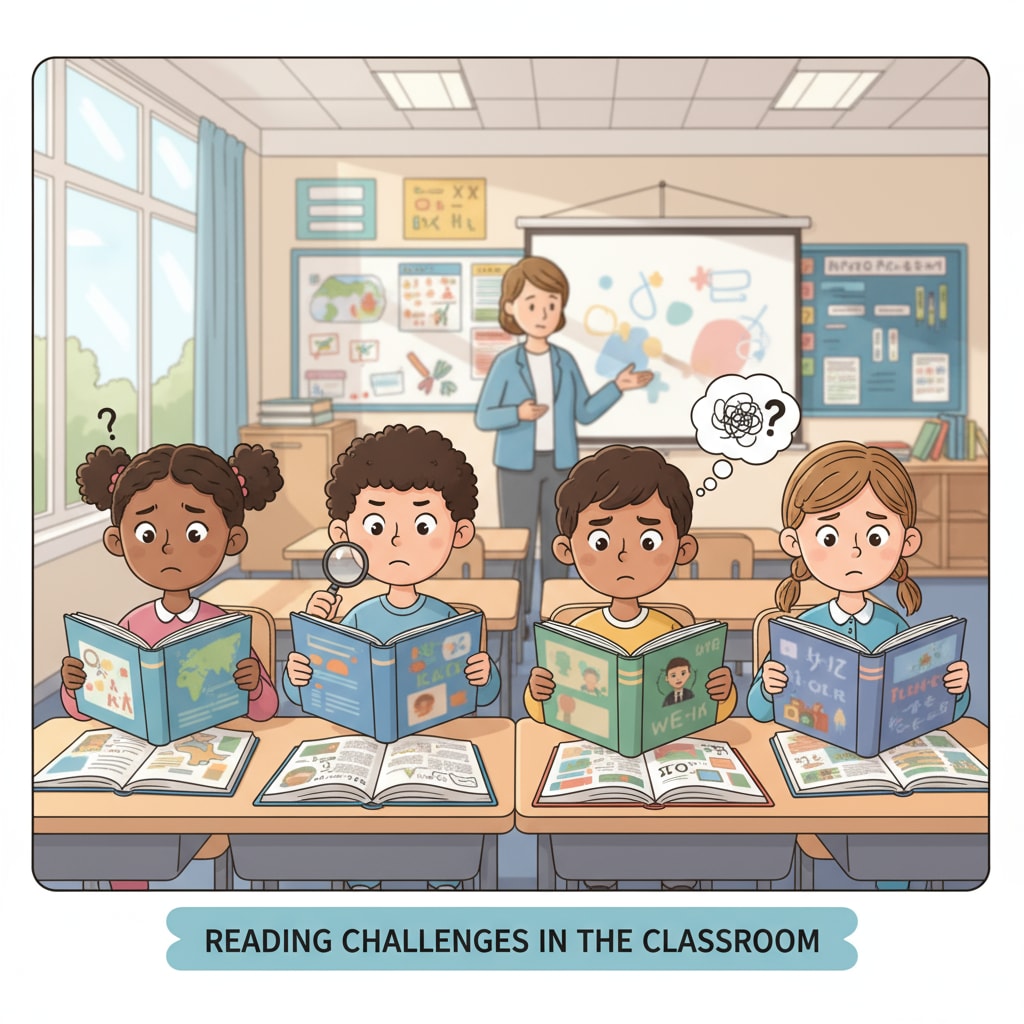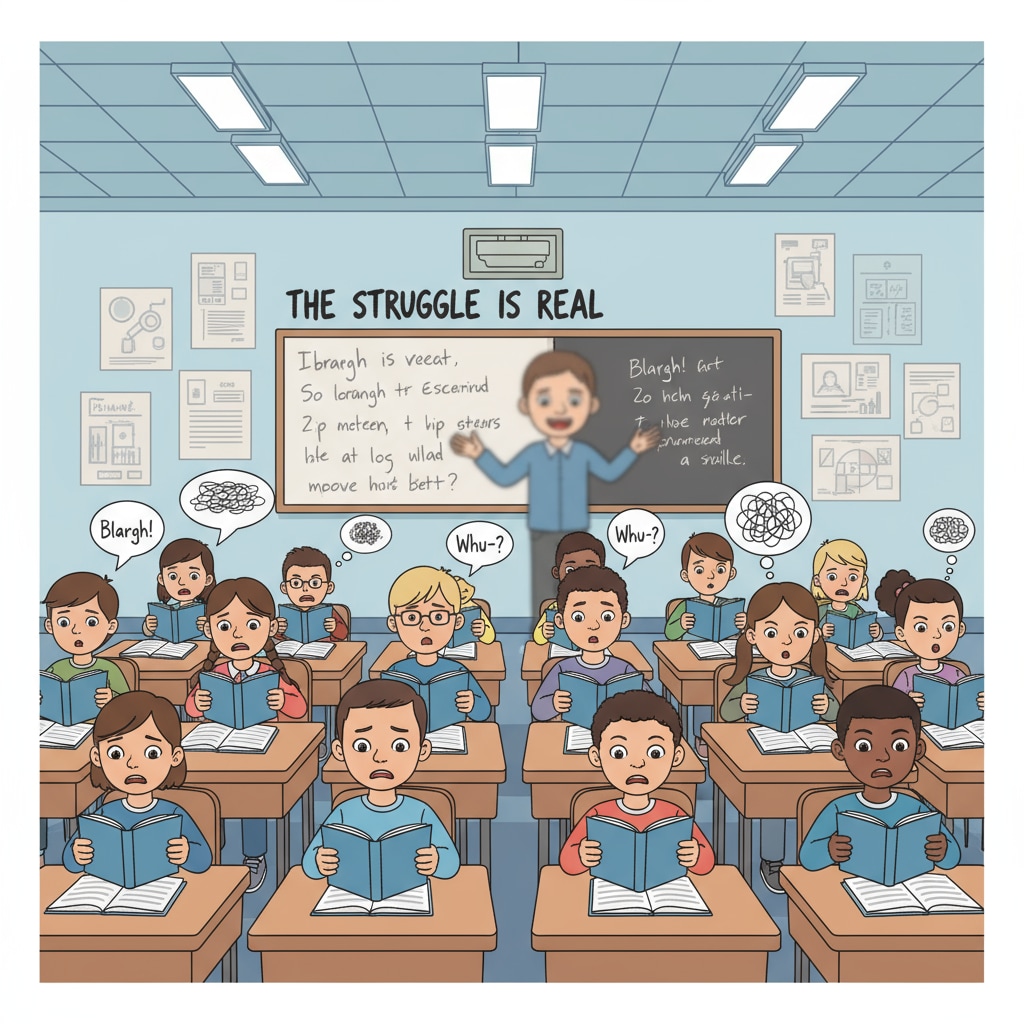The decline in literacy rate, especially in terms of reading ability, poses a significant threat to democratic society and has far – reaching implications for the young generation. In recent years, the reading and writing skills of contemporary teenagers have been on a downward trend, which is a matter of great concern in the education field.

The Link Between Literacy and Democracy
Literacy is the cornerstone of a democratic society. In a democracy, an informed citizenry is essential for making sound decisions. When people are literate, they can access a wide range of information, understand different viewpoints, and participate meaningfully in public affairs. For example, Wikipedia’s entry on Literacy and Democracy states that literate citizens are better equipped to analyze political issues, hold leaders accountable, and contribute to the development of policies. However, a declining literacy rate means that fewer people have the ability to engage in this democratic process. As a result, the quality of democratic decision – making may be compromised.
The Impact on K12 Students
K12 students are the future of society. A low literacy rate among them can limit their educational and career opportunities. Reading is a fundamental skill for learning. Students with poor reading abilities may struggle to understand textbooks, complete assignments, and keep up with the curriculum. In addition, writing skills are also crucial for expressing ideas and demonstrating knowledge. As pointed out by Britannica’s article on Education, strong literacy skills are directly related to academic success. Therefore, if students lack these skills during their K12 years, they may face difficulties in further education and future employment.

Moreover, the decline in literacy can also affect students’ social and emotional development. Reading exposes students to different cultures, experiences, and emotions, which helps them develop empathy and a broader perspective. When students are unable to read effectively, they may miss out on these important aspects of personal growth.
Readability guidance: In this article, we have used short paragraphs to make the content more accessible. The two main sections clearly show the connection between literacy, democracy, and the impact on K12 students. Transition words like ‘however’ and ‘therefore’ have been used to make the flow of ideas more logical. The lists and images also help to break up the text and make it more engaging.


